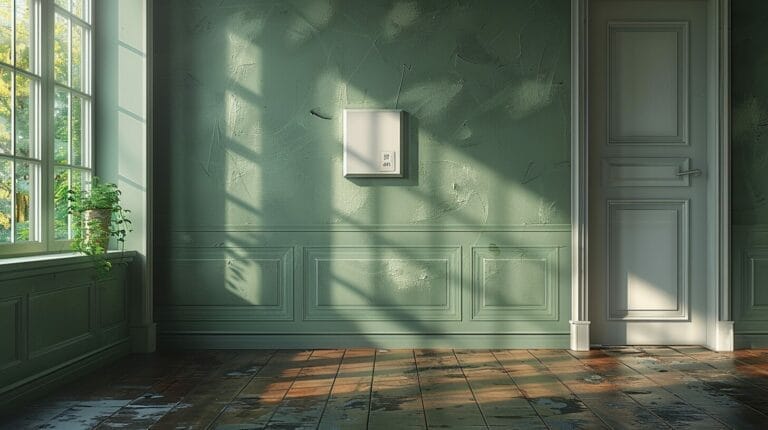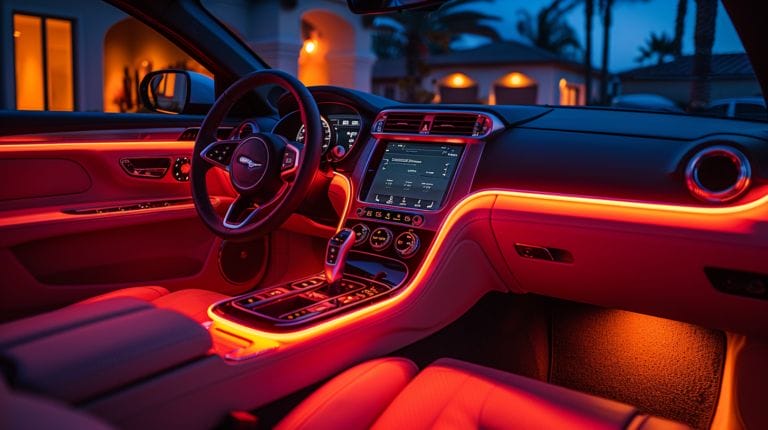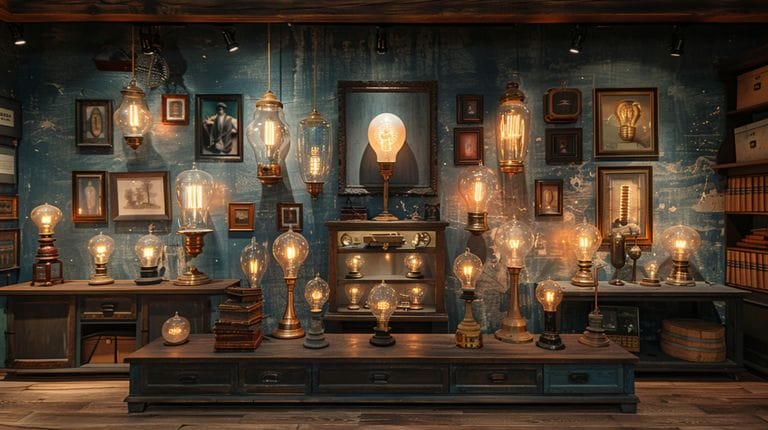Do Dogs Need Night Lights? Understanding Your Pet’s Needs
When we contemplate our dogs’ comfort and safety at night, the question of whether they need a night light often comes up. It’s important to ponder how well dogs see in the dark, as their vision differs greatly from ours. Some dogs might navigate perfectly fine without additional light, while others could benefit from that extra bit of illumination to feel secure. How can we determine what our specific dog needs?
Let’s explore the factors that come into play in this decision and see how we can best support our furry friends during the nighttime hours.
Key Takeaways
- Dogs excel in low-light due to the tapetum lucidum, but older or vision-impaired dogs may benefit from night lights.
- Night lights can ease anxiety and aid navigation for dogs uncomfortable in darkness.
- Constant light exposure could disrupt sleep; monitor your dog’s nighttime behavior to decide.
- Veterinarian consultations can provide personalized advice on whether your dog needs a night light.
- Alternative solutions like glow-in-the-dark toys or LED collars can offer comfort without excessive lighting.
Understanding Canine Vision: How Dogs See in The Dark

Dogs have a distinct advantage in low-light conditions compared to humans, thanks to a special layer in their eyes called the tapetum lucidum. This reflector bounces light back into the eye, boosting their night vision capabilities.
While dogs’ color vision is limited to mainly distinguishing blues and yellows, their higher ratio of rods to cones in the retina enhances their low-light vision. This allows dogs to detect movement and navigate effectively in the dark.
The Impact of Leaving a Light On for Your Dog: Pros and Cons

Leaving a light on for your dog can have both benefits and drawbacks. Low-light environments can help dogs with vision issues navigate more easily, preventing anxiety or accidents during the night. However, constant exposure to light can interfere with their sleep and be wasteful in terms of energy consumption. Therefore, dog owners should consult their veterinarian for personalized advice.
Dog Behavior in Darkness: Are Dogs Afraid of The Dark?

Dogs, like humans, can experience a fear of the dark. Observing your dog at night can reveal signs of discomfort or anxiety, such as whining, pacing, or seeking constant reassurance. Understanding the root cause of your dog’s nighttime anxiety is the first step in addressing it effectively.
Practical Tips: Do You Need to Leave a Light on for Your Dog?

Evaluating our dog’s behavior and needs can help us decide if leaving a light on at night is necessary. Understanding our furry friend’s nighttime habits can lead to innovative solutions that guarantee their comfort and safety.
Let’s break down some practical tips to help us make an informed decision.
- Observe Behavior: Pay attention to how our dogs act when it gets dark. Are they restless or anxious? If so, they may benefit from a night light. This small change can ease their discomfort and help them navigate their space.
- Safety Considerations: If our dogs tend to move around a lot at night, a night light can prevent accidents. Ensuring paths are lit can minimize the risk of tripping or bumping into furniture, making the environment safer for our pets.
- Innovative Alternatives: We don’t have to stick to traditional night lights. Glow-in-the-dark toys or LED collars can provide enough illumination to comfort our dogs without lighting up the entire room. These options are both fun and functional, catering to our pet’s needs while maintaining a modern aesthetic.
The Final Answer: Do Dogs Need Night Lights?

Whether dogs need night lights depends on their individual behavior, health, and comfort. Some dogs might benefit from night lights, especially if they’re prone to anxiety or have vision issues. However, younger, more adaptable dogs might not need them at all. Observing your dog’s behavior at night can provide insights into whether a night light would be beneficial.
Conclusion
After considering how dogs see in the dark, their behavior, and potential anxiety, we believe night lights can be beneficial for some pets. While not all dogs need them, night lights can help those who struggle with fear or navigation.
Observing your dog’s behavior and consulting your vet will guide the best decision. Ultimately, our aim is to guarantee our furry friends feel safe and comfortable, whether that means using a night light or not.
Frequently Asked Questions
Do dogs need night lights?
Dogs have a wider field of vision and see well in the dark compared to humans. They have more light-sensitive cells in their eyes, called rods, which help them navigate in low light conditions. While dogs don’t necessarily need night lights, providing a dim light may help them feel more comfortable in the dark.
Can dogs see color?
Dogs perceive colors differently from humans. They see a more limited spectrum and are thought to see shades of blue and yellow rather than red and green. However, they rely more on brightness and motion to interpret their surroundings.
How does light on for my dog affect their sleep?
Leaving a light on for your dog may disrupt their sleep as they are more sensitive to light, especially at night. Dogs also need periods of darkness to rest properly and maintain their natural sleep-wake cycle.
Do dogs have night vision?
Dogs cannot see in complete darkness like some nocturnal animals, but they have better night vision than humans. Their eyes have a reflective layer called the tapetum lucidum, which acts as a mirror and helps them see better in low light conditions.
Should I consult a vet if my dog is scared of the dark?
If your dog shows signs of fear or discomfort in the dark, it’s a good idea to consult a vet. They can rule out any underlying medical conditions and provide advice on making your pet feel more at ease in low light situations.






